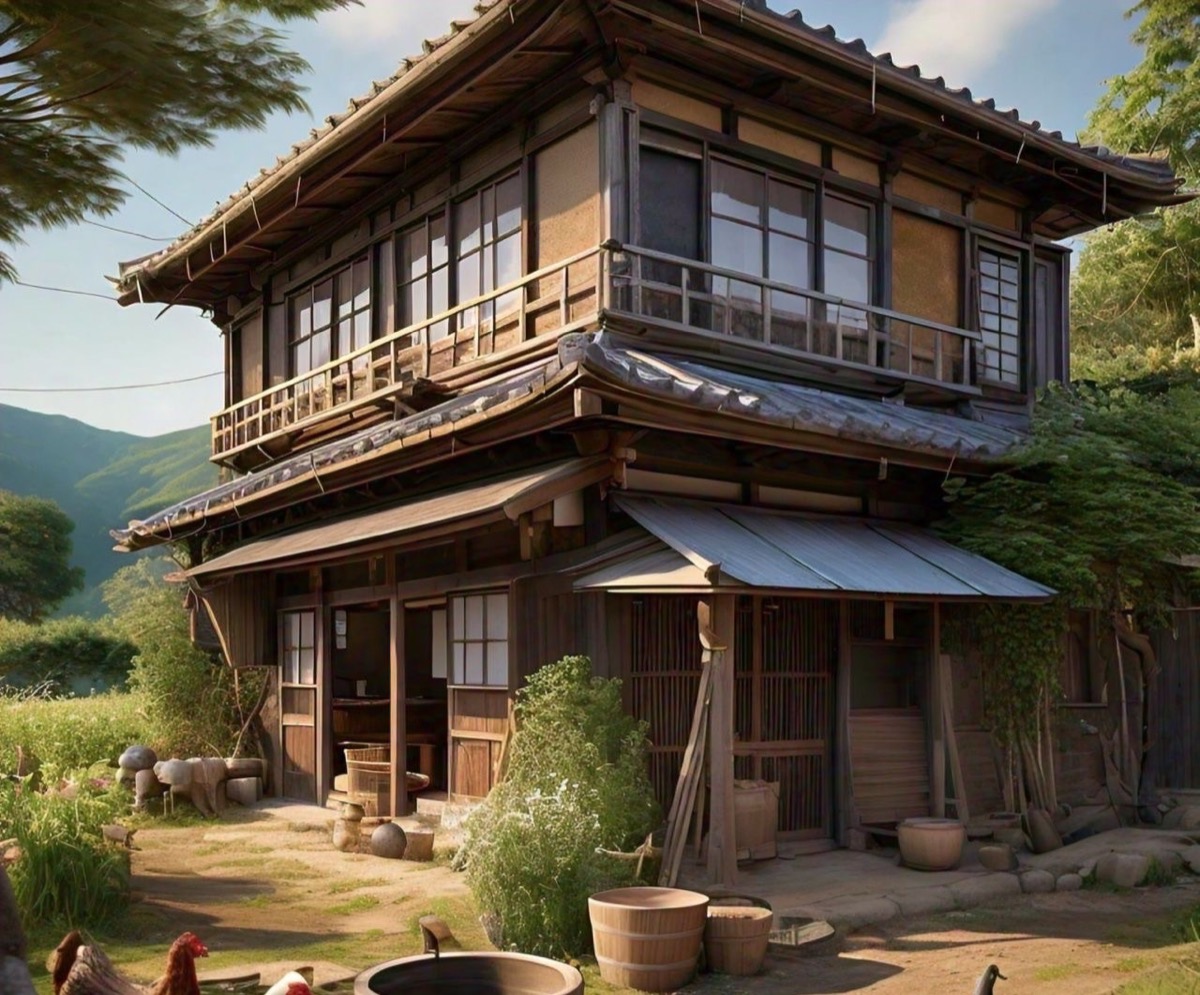How to buy cheap houses in Japan?
Japan is a good place for overseas property investment, and most Singaporeans would know well enough, being a top travel destination. They are affordable and not subjected to hefty tax (ABSD!). What’s more, you can even get houses for free.
This is because the number of abandoned homes, called akiya, stands at just under 9 million (as of 2019), and this is expected to more than double in the next decade. This means it is increasingly common to come across properties for mere pennies.
However, unless you are buying for retirement and can DIY major renovation, you should avoid those deals. They are not for investments, as they will trend downward.
Akiya aside, there are still lots of good opportunities for under $100,000.
For investment, you have to consider major city centers (Toyko, Osaka, Sapporo, Fukuoka).
House are cheaper than apartment
You might be surprised that landed houses are cheaper than apartment in Japan.
This is because of depopulation, high percentage of empty homes, preference for convenience of apartments and newer builds.
Step 1: Search Online
Unlike Singapore, there is no single online database or a dominating listing website for Japan. No equivalent of PropertyGuru, nor PropertyNoob.
Many of the best deals will be only available in Japanese. A good Japanese website to start with is
athome.co.jp. Translate and shortlist!
Step 2: Contact the Agent
This is part is similar to Singapore. You have to get in touch with the listing agent for updated details and availability.
Arrange for viewing.
Step 3: Make an offer
Negotiate and make an official offer through the real estate company.
Step 4: Prepare Necessary Documents & Sign Contract
If you have residency in Japan, you need to produce:
- Residence card
- Certificate of residence
- Seal/certificate of seal
- Passport
And for those without residency, you’ll need:
- Passport
- Affidavit from your home country’s government
An affidavit is a written statement made under oath to further prove your signature, address, legal status and identity. Usually you get this document from your home country’s embassy in Japan, or from a government office before you go to Japan.
Step 5: Receive Keys & Pay Taxes
The final sum of the property sales price will be paid to the seller, usually by bank transfer or sometimes cash, and you’ll be issued a receipt. Usually this meeting takes place at the real estate company’s office, with the buyer and seller present. At this point you’ll finally receive the keys to the house.
More guides from cheaphousesjapan.com







